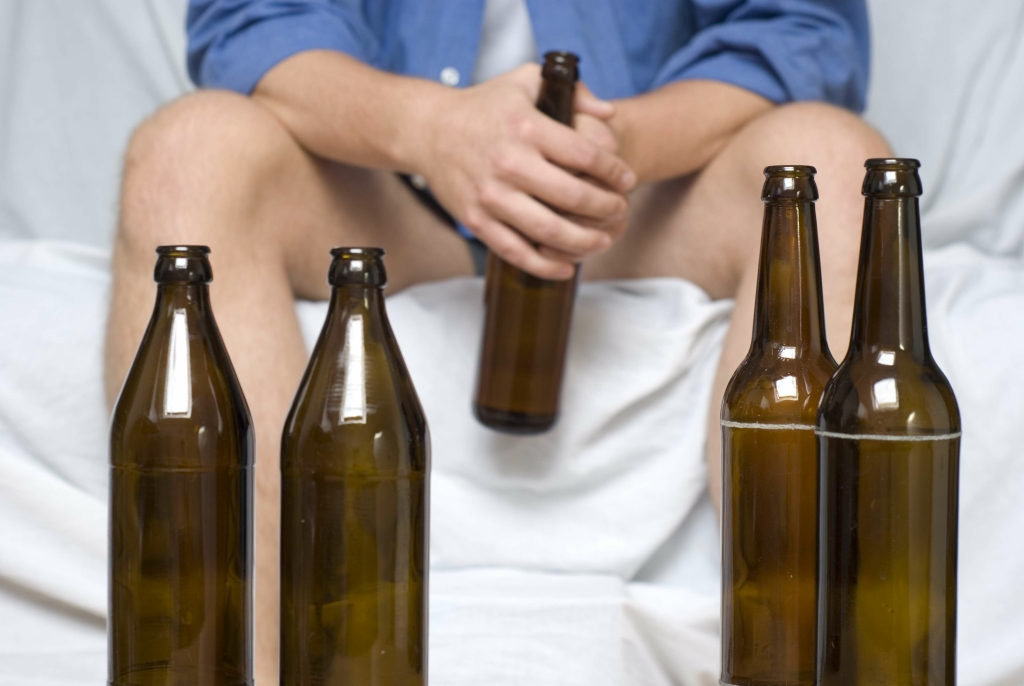אין מוצרים בסל קניות.
Tipsy vs Drunk vs. Buzzed: What Is the Difference?
Generally, individuals with a higher body weight tend https://www.sidfoot.eu/understanding-why-alcohol-causes-brain-fog-the/ to have a lower BAC compared to those with a lower body weight, given the same amount of alcohol consumed. This is because alcohol is distributed throughout the body's water content, and individuals with higher body weight have a larger volume of water, which can dilute the alcohol. At this stage, an individual's cognitive and physical abilities are severely impaired, making them vulnerable to accidents and injuries. Severe intoxication requires immediate medical attention to prevent further complications. Moderate intoxication can significantly impair an individual's ability to perform tasks that require concentration and coordination.
Mental and Emotional Effects of Alcohol Intoxication
With 1-3 drinks for women and 2-3 for men, individuals often feel more confident, talkative, and less inhibited. This stage is marked by a sense of euphoria and increased sociability. Encourage them to drink water, offer them food, and ensure they don’t continue to consume alcohol. If they show signs of alcohol poisoning, seek medical help immediately. Drinking on an empty stomach accelerates the process, making you feel drunk faster and more intensely. At this point, alcohol is impairing both your mental and physical abilities.
Body Weight and Size

Whether you’re making that call for yourself, or on behalf of somebody else, we will be able to provide all the help you need. Moderation is key to enjoying alcohol without suffering from its negative effects. Don’t worry too much, and if you suspect having this syndrome open up to your family about it and get the diagnosis and treatment as soon as possible. It could be diabetes, Crohn’s syndrome, obesity, weakened immune system, irritable bowel syndrome, or others. The only way Substance abuse to treat this syndrome is to treat the underlying condition while restricting diet.
- Psychologically, alcohol reduces inhibitions, influences emotions, and decreases reaction times.
- I’ll mention three important ones and show how they contribute to the joys of inebriation.
- You might recognize some of these “types of drunks” in yourself or your friends or family.
- Understanding the influence of social settings on drinking behavior is crucial for promoting healthier drinking habits.
- But how can this small thing cause such a profound effect on our bodies?
Death
- For example, soda and lime, kombucha, and mocktails are a few of the best.
- Some common signs include an inability to control alcohol intake, experiencing withdrawal symptoms when not drinking, and neglecting responsibilities due to alcohol use.
- When the body can no longer excrete alcohol effectively, all vital functions slow dramatically.
- The main categories that drugs fall under are stimulants, depressants, opioids, hallucinogens, and cannabinoids.
- It is colorless, clear, and produced through the process of fermentation.
The effects can be much stronger and more hazardous than consuming either substance alone, increasing the risk of emotional instability, accidents, and severe what does feeling drunk feel like health complications. Always consult with a healthcare professional about potential interactions with any medication you are taking. Long-term excessive drinking can lead to chronic health problems such as liver disease, cardiovascular issues, and mental health disorders. As a depressant, alcohol slows down your brain activity and alters the chemicals that send messages throughout your body. This is why your speech might become slurred, your movements less coordinated, and your reaction time delayed.
- More severe symptoms include emotional volatility—ranging from sadness to anger—and behaviors such as risky driving or violent acts.
- If you didn’t drink but were in the vicinity of alcohol spray, you might get drunk.
- The experience of being drunk can be categorized into several stages, each with distinct emotional and physical effects.
- Encourage them to drink water, offer them food, and ensure they don’t continue to consume alcohol.


